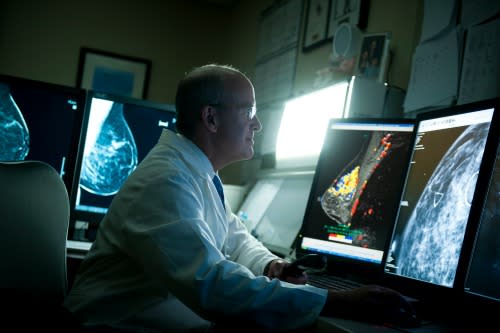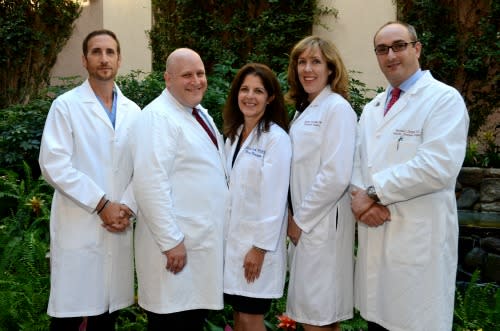5 Questions With: Helen Pass, MD
Published: September 28, 2015l
By Helen A. Pass, MD, FACS, Co-Director, Breast Center, Chief of Breast Surgery
The advances in genetics have made it possible to identify people who are at elevated risk for breast cancer and offer then enhanced surveillance and, in appropriately selected individuals, medications and/or prophylactic surgery to reduce risk. The opportunity in this very select group of patients to prevent cancer, rather than treat cancer, is very rewarding.
1. What are your biggest interests related to breast surgery?
While I see patients with both breast cancer as well as non-cancerous breast conditions, as a fellowship trained cancer surgeon my practice is primarily focused on patients with breast cancer. Special areas of interest include: oncoplastic breast surgery (using plastic surgical techniques to improve the cosmetic outcome); breast cancer at extremes of age (the very young and elderly patients); male breast cancer; use of chemotherapy and endocrine therapy prior to surgery (neoadjuvant treatment); breast cancer in pregnancy; breast cancer in men; and recurrent breast cancer. I also specialize in managing complex cases, including women with who have breast cancer in more than one site in either or both breasts.
2. What is the most rewarding part of taking care of breast patients?
I chose to limit my practice to the treatment of those with breast cancer and benign breast conditions, because of the positive impact that appropriate screening, early detection, and high-quality care can make. The majority of patients with breast cancer live! It is a privilege to guide them through their journey and to focus not only on providing the most advanced care available anywhere, but also to work collaboratively with them to ensure their return to wellness.3. What recent advancements in breast cancer care do you find to be the most important?
One of the most exciting aspects of being a breast surgeon is that care of breast disease is always improving. There have been many advances that have changed how we care for patients with breast cancer. These include the ability to use less invasive procedures and spare more normal tissue (for example, nipple and skin sparing mastectomies), the ability to save the majority of the lymph nodes in most patients (sentinel lymph node biopsy), the ability to use plastic surgical techniques to improve the cosmetic outcome (oncoplastic surgery), and the ability to use genomic profiling of the tumor to make personalized treatment recommendations.The advances in genetics have made it possible to identify people who are at elevated risk for breast cancer and offer then enhanced surveillance and, in appropriately selected individuals, medications and/or prophylactic surgery to reduce risk. The opportunity in this very select group of patients to prevent cancer, rather than treat cancer, is very rewarding.


?h=195&iar=0&w=130)


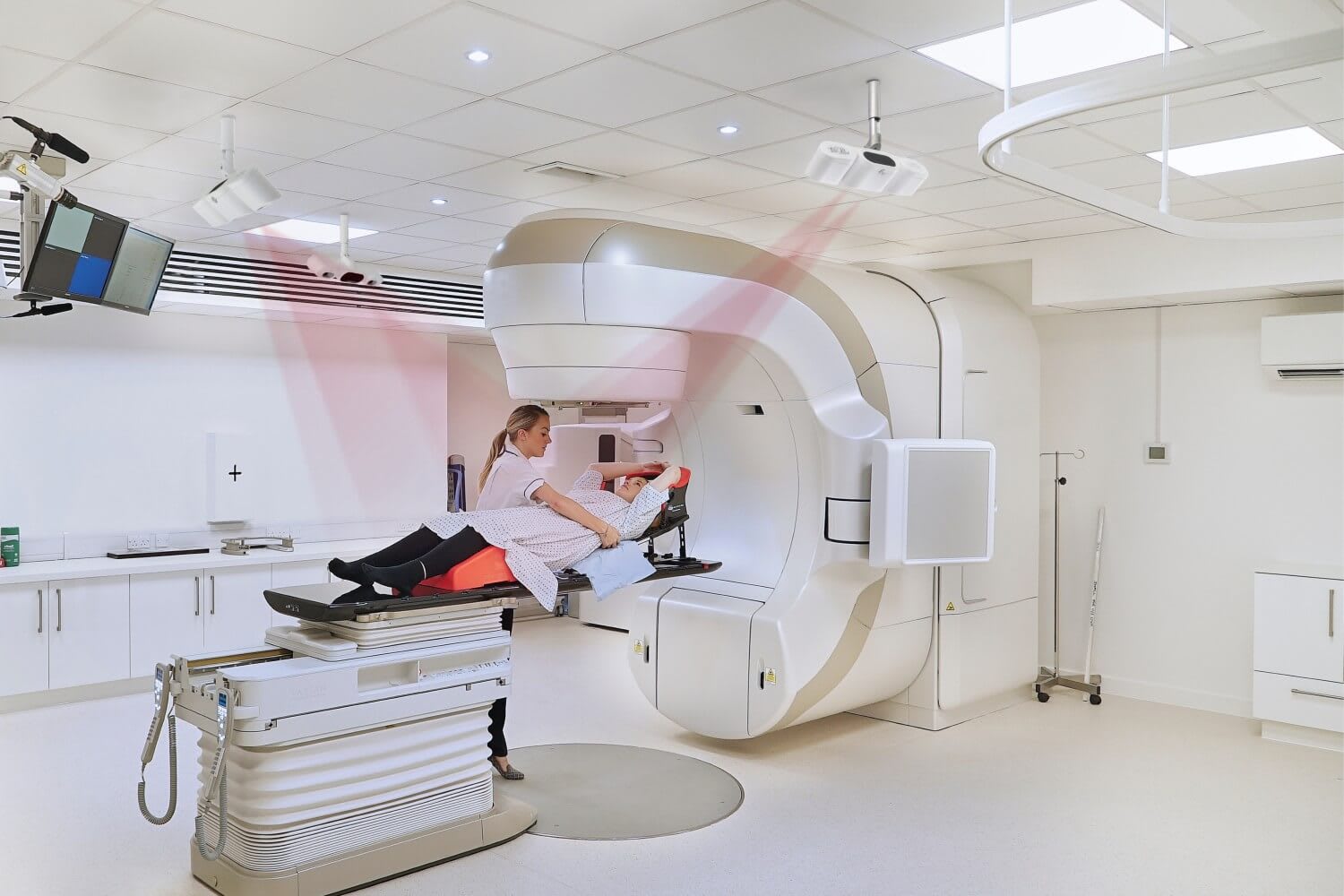
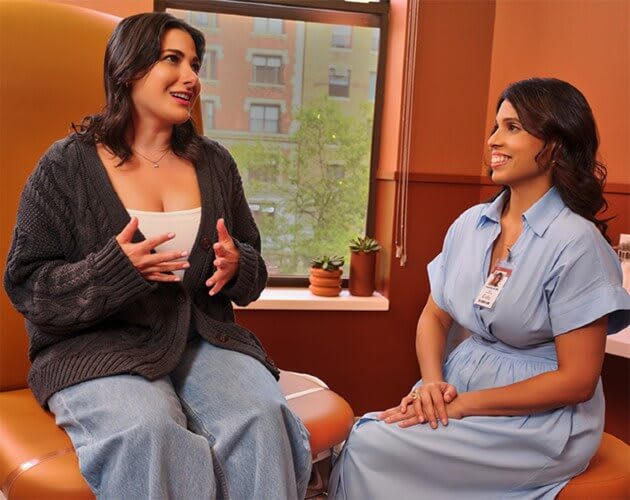

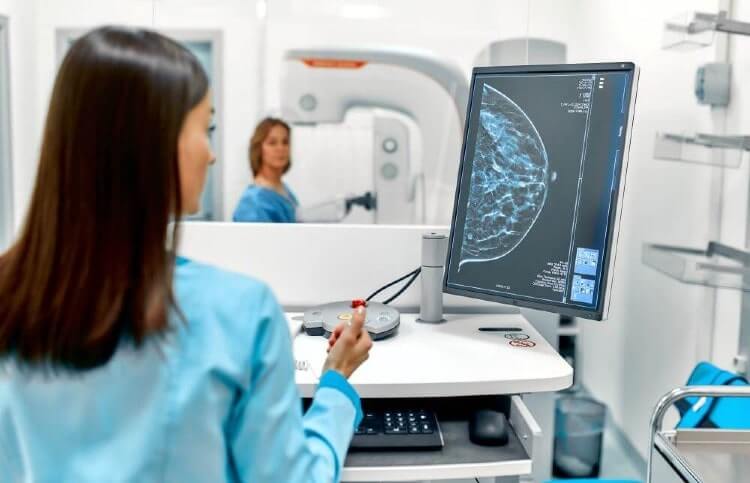

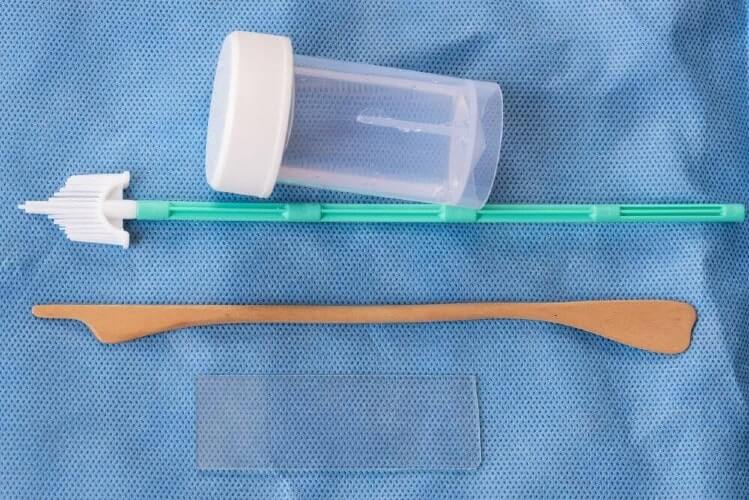











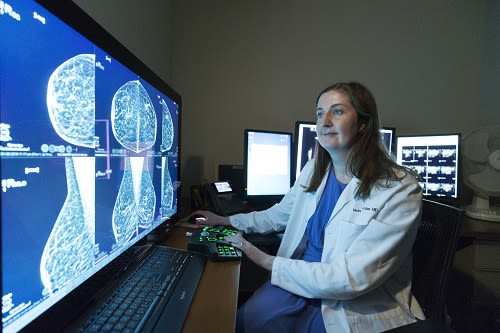



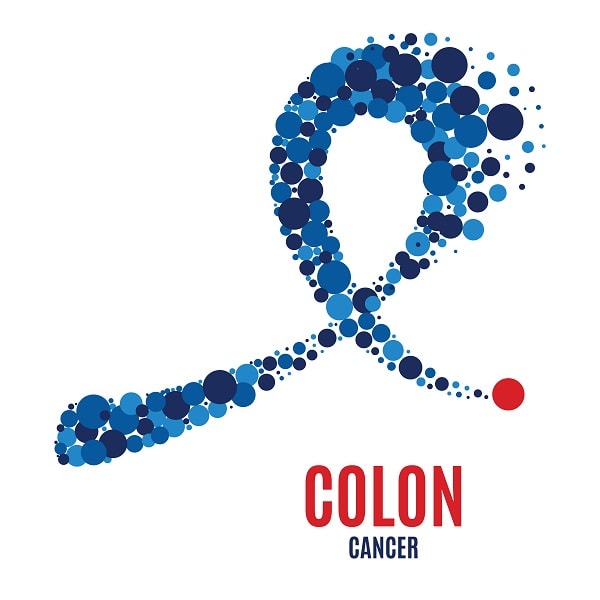

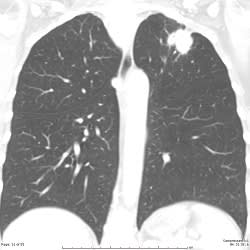





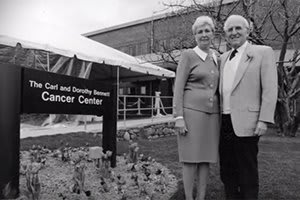







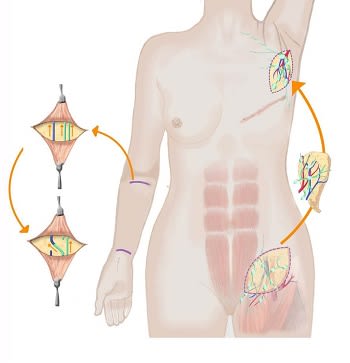
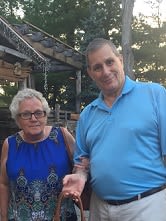




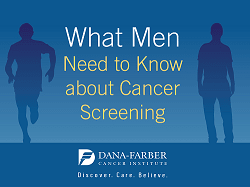
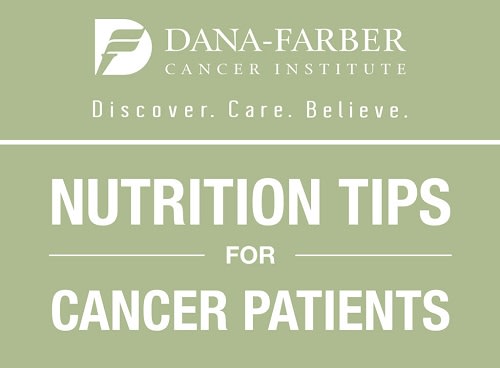






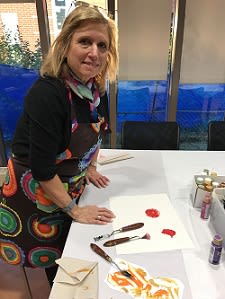




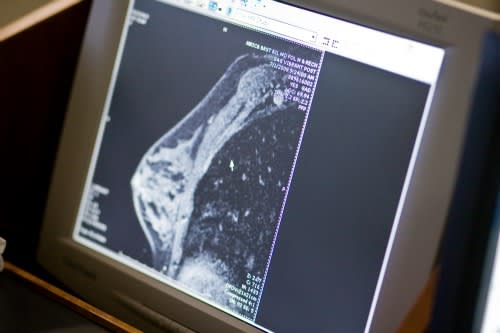

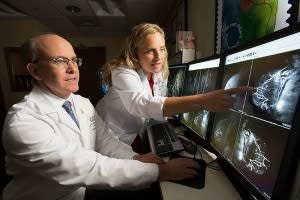


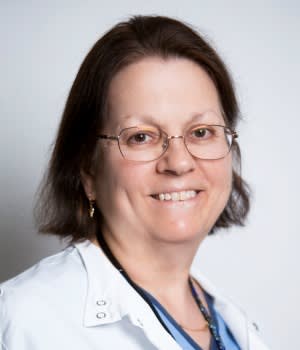



)


)
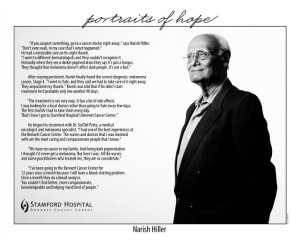
)
